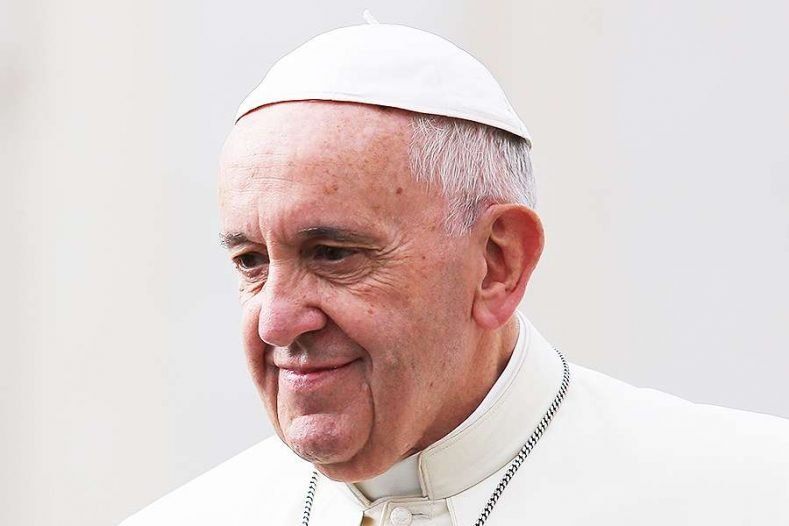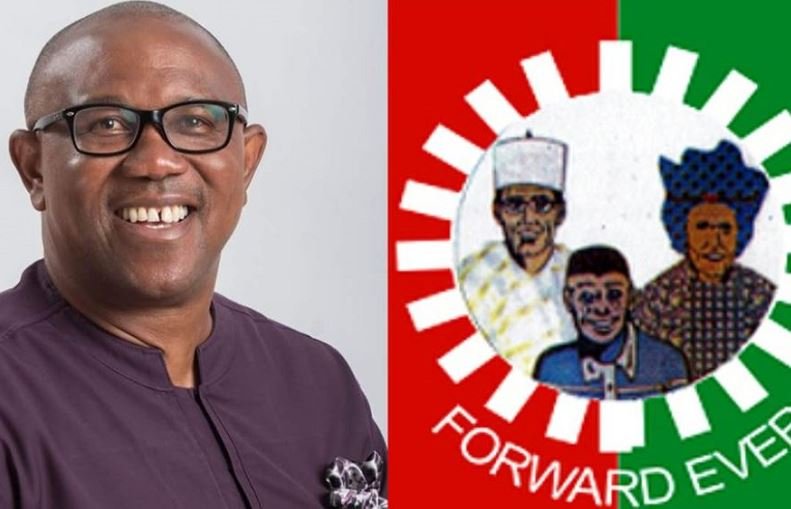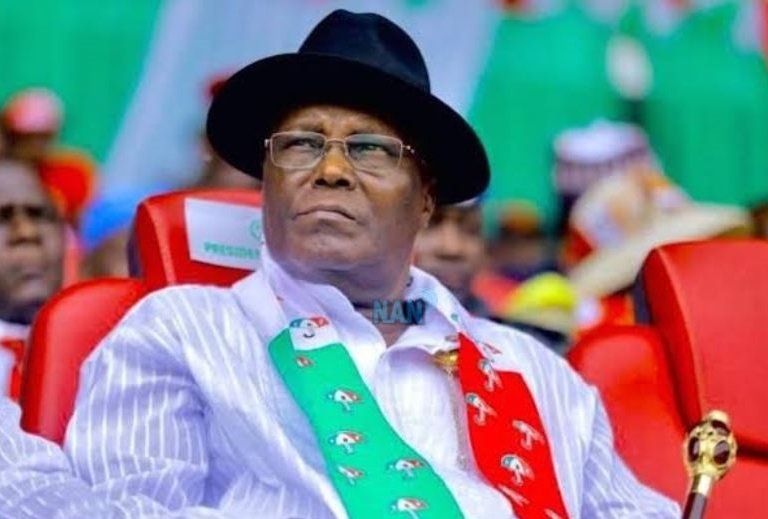Yamandú Orsi, a former history teacher, has won the presidential election in Uruguay.
He defeated Álvaro Delgado, the candidate for the governing conservative coalition, by more than three percentage points in the run-off on Sunday.
Delgado conceded defeat and congratulated Orsi and his Broad Front coalition, which will now return to power after five years of conservative rule.
The Broad Front governed Uruguay for 15 years, from 2005 to 2020, before being defeated by departing President Luis Lacalle Pou, who was prevented from running for a second consecutive term under Uruguay’s constitution.
Orsi, 57, is regarded as a protégé of former President José Mujica, who won many Uruguayans’ hearts with his simple lifestyle, prompting many to label him “the world’s poorest president”.
Orsi hails from a humble background, having grown up in rural Uruguay in a house with no electricity.
While working as a school history teacher, he got involved in local politics and finally became mayor of Canelones, Uruguay’s second-most populous department.
During Orsi’s stint at the head of Canelones, digital giant Google announced it will establish a massive data facility in the department.
Orsi struck a business-friendly message in his campaign, claiming that he aimed to avoid rising taxes that could frighten off investors.
Addressing his supporters on Sunday evening, he emphasised his desire to be president for all 3.4 million Uruguayans, stating he would “call for a national dialogue again and again” and that he would listen to those who had voted for his rival.
“I’m going to be the president who builds a more integrated country, where we set aside our differences and nobody is left behind, neither economically, socially, or politically.”
Outgoing President Luis Lacalle Pou stated that he will collaborate with Orsi to achieve a seamless transition leading up to the new president’s inauguration on March 1, 2020.
Orsi’s Broad Front also secured a majority in the Uruguayan Senate, but his coalition failed to secure a majority in the Chamber of Representatives.
Uruguay’s election, which put two moderates against one another, defied the pattern seen in other Western Hemisphere countries, such as Argentina, Brazil, and the United States, where wide differences emerged.











